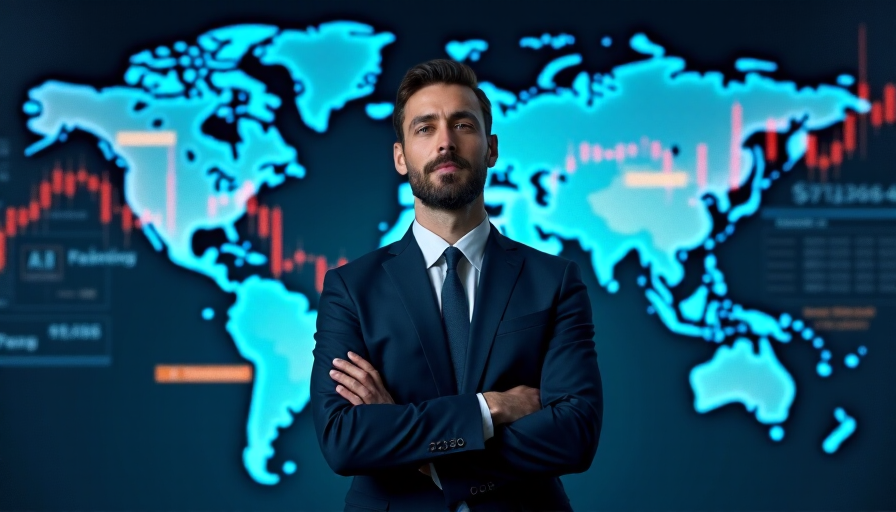
Mark Cuban’s Trade Tactics: Navigating Tariffs, AI, and a High-Stakes Game with China
In a recent in-depth discussion with Iman Hasan of Biohack-it, billionaire entrepreneur Mark Cuban shared his insights on the complex interplay between tariffs, artificial intelligence, robotics, and the looming possibility of a recession. Cuban's candid remarks shed light on a strategy where careful calibration of trade policies and technological advancements is key to bolstering U.S. manufacturing and maintaining global competitiveness.
A Strategic Approach to Tariffs
Cuban made clear that he is not opposed to tariffs outright. Instead, he advocates for their targeted and strategic use. He explained that while protecting pivotal sectors like farming or steel is vital, indiscriminately applied tariffs could lead to rising inflation and a slow rebound in manufacturing. Much like a carefully played chess game, Cuban suggests that tariffs should serve as a negotiation instrument rather than a blanket solution.
Learning from the Past to Shape the Future
Drawing parallels with historical economic policies, Cuban noted that rebuilding domestic industries, particularly through leveraging advancements in AI and robotics, is a long-term process. He emphasized that the U.S. should first fortify its own industrial base before using tariffs as bargaining chips on the international stage.
The High-Stakes Game with China
Labeling the current trade scenario as a "game of chicken," Cuban highlighted the delicate balance in U.S.-China relations. Despite China lending significant sums to the U.S. and serving as a crucial market, any drastic move—such as over-restricting resources or imposing widespread tariffs—could trigger severe economic repercussions. Cuban stressed that being dogmatic in government or business strategies is counterproductive, quoting that Donald Trump's rigid approach to trade for over 30 years stands as a cautionary tale.
The Nuances of the U.S.-China Trade Relationship
Cuban elaborated on the nuanced nature of the trade deficit with China, arguing that a large deficit in goods is not inherently negative because it reflects a vibrant consumer market. However, he warned that if China retaliates by restricting service exports or hindering financial interactions, the consequences could ripple across the U.S. economy.
Economic Forecast and Policy Implications
When discussing the potential for a recession reminiscent of 2008, Cuban pointed out that while the risk is tangible, it is not a foregone conclusion. Unlike the financial missteps of the past, the present challenges are rooted in policy decisions. Cuban argued that if policies such as deep tariff cuts or abrupt isolationist actions persist, the nation could face stagflation. However, he remains optimistic, noting that policy-driven errors can be quickly amended when strategic perspectives change.
Consistency in Trade Views
Cuban’s recent comments echo his earlier predictions where he warned about the mixed impacts of tariffs—forecasting negative effects for global giants like Amazon while benefiting American sellers. He also criticized the contradiction of supporting tariffs while ignoring American-made products. According to Cuban, if tariffs are intended to revitalize domestic manufacturing and job creation, consumers must align by purchasing U.S. products.
Balancing Policy and Practicality
During the interview, Cuban also expressed cautious approval of some policies initiated under the Trump administration, such as measures for border security, the Make America Healthy Again initiative, and the sale of Gold visa cards. Notably, he commended Trump’s executive order on drug pricing, stressing its potential to save billions and provide much-needed economic relief.
Central to Cuban’s perspective is the notion that sound economic strategies require flexibility and an adaptive mindset. His insights underscore the importance of balancing aggressive trade tactics with pragmatic, progressively adaptable policies to ensure long-term economic stability and growth.
Note: This publication was rewritten using AI. The content was based on the original source linked above.